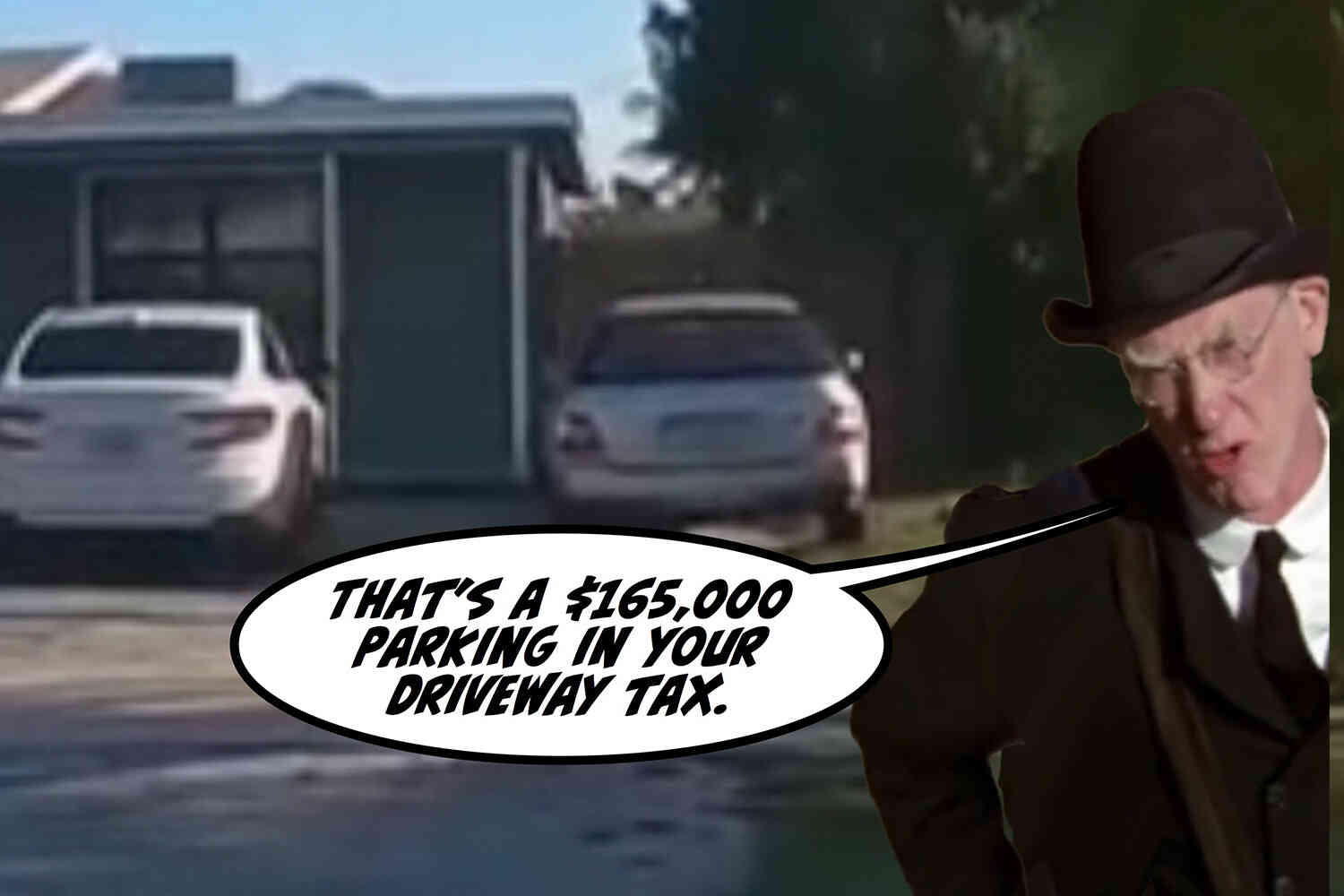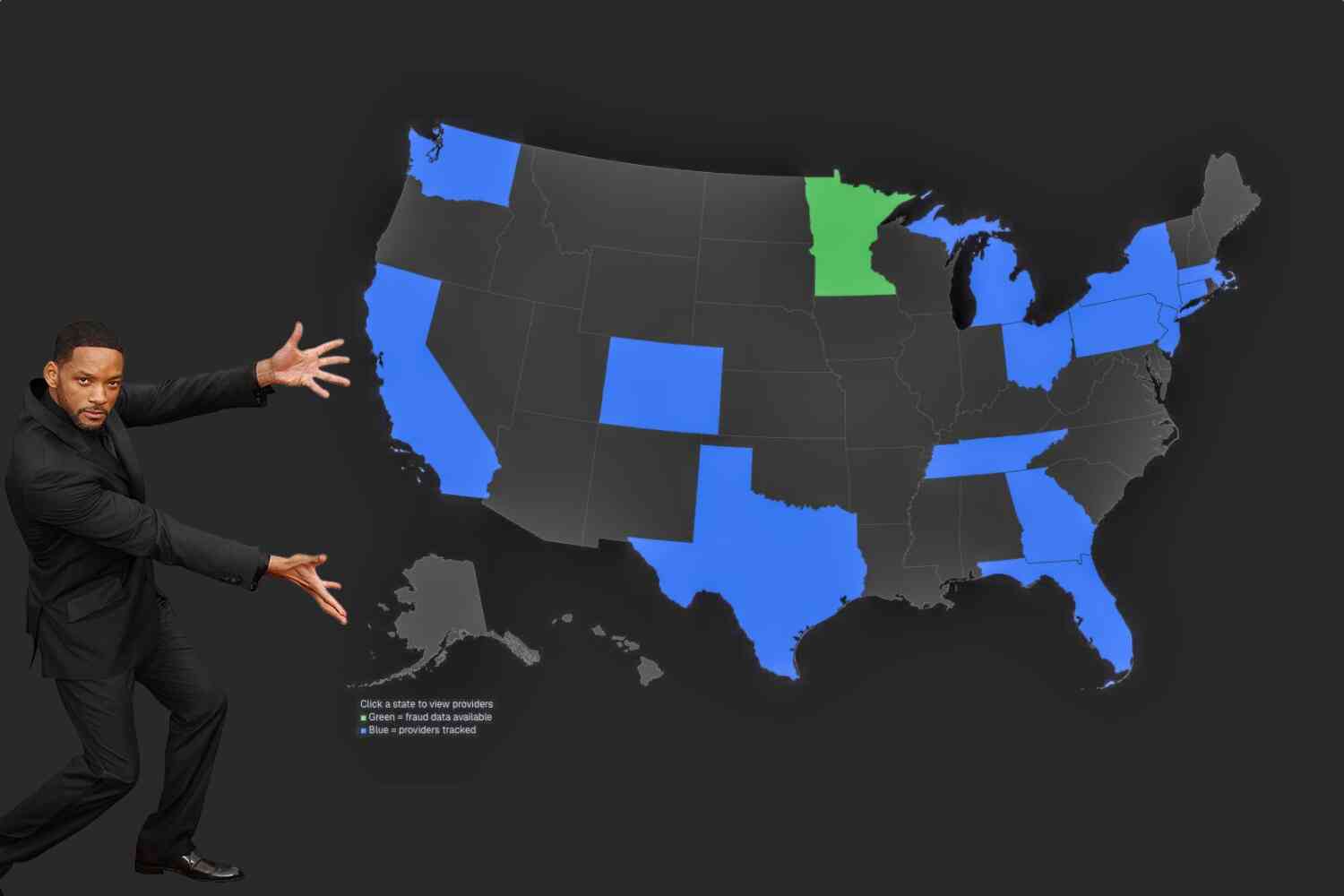Remember the good old days when we has respect for religions and the traditions of individual Americans and Christians, so much so that the government-run postal service wouldn't consider making its employees work on Sunday?
Those days are long behind us, as witnessed by Gerald Groff, who resigned from the Post Office after his branch repeatedly ignored his requests to be off on Sundays for worship.
Now, Groff is taking the battle to the Supreme Court.
Gerald Groff worked for seven years for the U.S. Postal Service, but it became a struggle to get his employer to accommodate his observance of Sundays for worship and rest in accordance with his evangelical Christian beliefs.
He was forced to resign in 2019, when the USPS office at Holtwood, Pennsylvania, told him that he would have to work on Sundays because of its obligation to deliver packages for Amazon. He filed a federal lawsuit, but lower courts ruled against him.
Mr. Groff's legal battle now goes to the Supreme Court, which will hear arguments in his religious discrimination lawsuit on April 18.
We used to be a country with laws against doing business on Sundays because of deep respect and reverence for the Christian religion. Now we have swung so far in the other direction that refusal to work on a day of worship will not be accommodated.
He had been transferred in 2016 to the Holtwood office, where he worked in fear of being fired for his religious observance. Before that, USPS had skipped him in the work-shift rotation, but Mr. Groff's lawyers say he daily faced punishment short of firing.
"It was truly a very difficult and painful experience," Mr. Groff said in an interview. "I lived for what we now know is two years or so, but I lived that whole time thinking, ‘Today could be the day you report to work and you're fired.' So it was very difficult to get up each day and report to the post office thinking today could be the day I am shown the door."
He had worked as a Rural Carrier Associate, "a non-career employee who provides coverage for career employees whenever they are absent," according to his court brief. Mr. Groff said he would work extra routes on Saturdays and holidays to ease the burden of coworkers who would pick up his Sunday shifts. He added that some employees even wanted the extra hours.
"I actually had some of my fellow employees come up to me at times and say they cannot believe the post office is doing this," said Mr. Groff, whose original complaint asked the district court to award compensation for unlawful conduct and back pay and to enjoin the post office from religious discrimination.
This goes beyond not making reasonable accommodations for Groff. If his assertion is correct, the post office had more than enough employees who wanted to cover his shift, but the bureaucracy was unwilling to budge and give him his time off.
At the Supreme Court, at least four justices, whose identities were not divulged, voted in favor of taking up the Groff appeal.
But at least three justices on the conservative wing of the court — Justices Neil M. Gorsuch, Clarence Thomas and Samuel A. Alito Jr. — have signaled they want to revisit the precedent Trans World Airlines Inc. v. Hardison on religious accommodations in the workplace.
In the landmark 1977 case, the high court ruled that an employer could deny religious accommodation if it would cause even a minor hardship on the business.
The USPS has won the lower court cases, arguing that Groff's absence would put too much of a strain on the local office.









